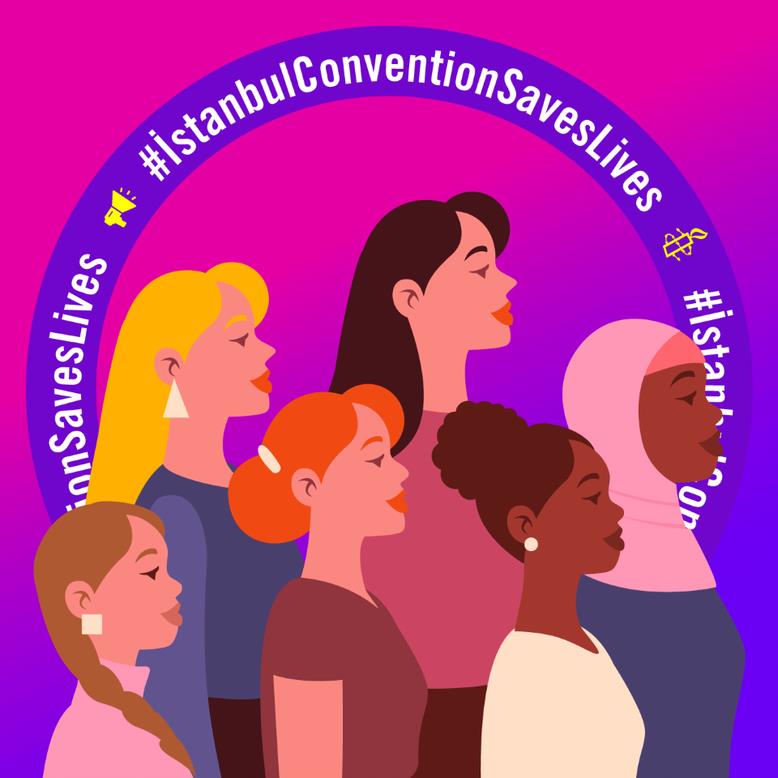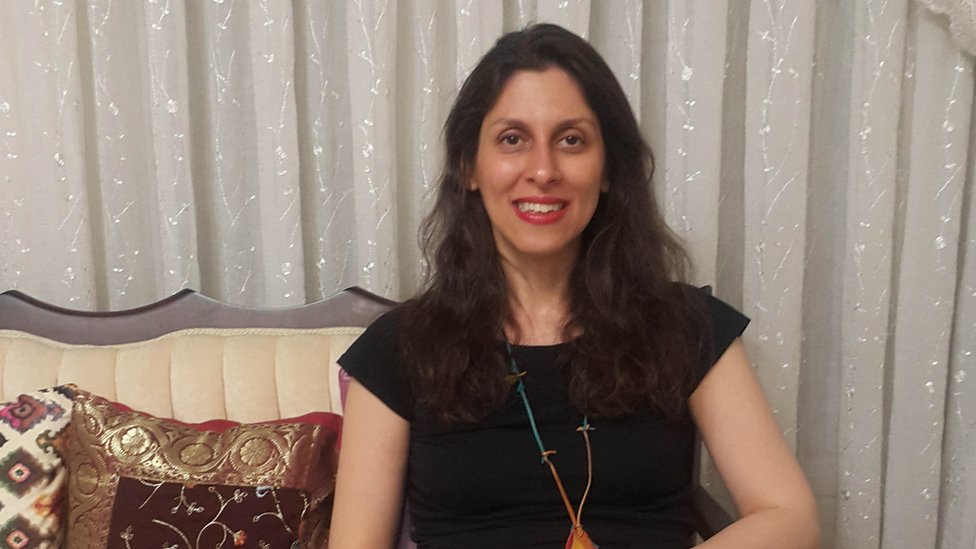The great news : We are a full Europe team again and you will be finding a Newsletter full of Actions and information. As a team we have adopted 2 long term casefiles in addition to Eren Keskin in Turkey : Frederic Vuillaume in France and the El Hiblu 3 in Malta. Groups who are interested in taking on a long term case please contact us. We also have several Urgent Actions : The Action on the withdrawal of Turkey from the Istanbul Convention is particularly urgent: Its for Wednesday the 11th of May.
Another Urgent Action is the call for support for Frederic Vuillaume before his court hearing on 20th of May.
Please also support the Urgent Action on Denmark. Denmark has decided to force asylum-seekers from Syria back to Syria. Syria is not a safe place and all deportees are at risk of imprisonment, torture and “disappearance”. Please write letters of protest (see Urgent Action attached). In addition I am organising a vigil outside the Embassy of Denmark for the 20th of June, International Refugee day 3-4pm. Those who can’t join us please send messages and photos of support to take to the Embassy.
Last not least, please see our Balkan coordinator Rovena’s plea for support for Roma accessing the application for settled status in the UK. I have started running a weekly drop in at my local college to help individuals with their application. I am attaching another guide which I find very useful. It gives a step my step guide on the process and practical advice on all the different scenarios you might encounter as well as links to organisations we can refer to.
Turkey’s withdrawal from Istanbul Convention
CALL FOR ACTION: Let’s make them think again.
In mailings in March I (Chris Ramsey) told you that Turkey had announced that it was pulling out of the Istanbul Convention, the Council of Europe’s convention on Preventing and Combating Violence against Women and Domestic Violence that provides an important framework for addressing gender based violence and providing vital safeguards for girls and women. Since then women around Turkey have been bravely taking to the streets to protest against this move and to demand a rethink before the decision becomes effective on 1 July.
On 11 May, the tenth anniversary of the Convention there will be a Global Day of Action in solidarity with groups in Turkey defending women’s rights and gender equality.
Although there will be some actions outside Turkish Embassies, because of the Covid-19 pandemic most of the actions will be online and therefore it will be easy for Amnesty members to participate wherever they are.
ACTION OPTIONS:
- Photographs
Take a photo of yourself or your group, if possible wearing purple clothing or with a purple backdrop or a purple Covid mask with a solidarity message and the hashtag #IstanbulConventionSavesLives
The solidarity message could simply be:
In solidarity with women in Turkey
Post your photograph on Facebook, Twitter or Instagram including the hashtags #IstanbulConventionSavesLives and #Turkey
In your posts please:
- Tag Amnesty Turkey ( For Twitter @aforgutu and Instagram aforgutu)
- Please tag the Turkish Embassy in London: @TurkEmbLondon
- If you are uneasy about using a photograph of yourself please use the image below to create your social media post instead, following all the other instructions shown above.

- If you do not use social media but wish to take part in this action the please e-mail me your photograph and I will post it on social media for you.
Usual e-mail: chris.ramsey@amnesty.org.uk
Please share this information as widely as possible with your local group members and other fellow activists.
Further notes regarding the Istanbul Convention
- The Istanbul Convention is a tool that provides the best way to protect women and girls from violence; it is the ‘gold standard’ internationally for combatting violence against women, including domestic violence.
- It is extremely disappointing that Turkey, the country where the Convention was opened for signatures in May 2011, and that was the first to sign it, is now the first and only country to decide to withdraw from it. Turkey was a leading supporter of the Istanbul Convention and was instrumental in mobilising other Council of Europe member states to sign up to it.
- The Istanbul convention is specifically designed to protect women from all forms of violence, including domestic violence, with internationally- agreed actions that governments who ratify it must take to achieve this. Withdrawing from the convention violates the rights of millions of women and girls in the country, jeopardises their safety and flies in the face of any purported commitment by the government to protect the rights of survivors of sexual assault and domestic violence.
- Turkey should reverse the decision to leave the Convention and instead work towards its full implementation to better protect and support women and girls who are experiencing gender-based violence, without discrimination.
- This announcement is especially dangerous at a time when the killing of women is rising and there has been a surge of domestic violence during the COVID pandemic. Only last year, according to the Minister of Interior, 266 women were killed by men in acts of gender-based violence, though the numbers provided by women’s organizations were much higher.
- There is nothing controversial about the Istanbul Convention. The purpose of the treaty is to prevent and combat violence against women and girls.
- Turkey’s stated reason for withdrawing – that the Convention is being used to ‘normalise homosexuality’ which is incompatible with Turkey’s family values – is both dangerous and discriminatory. Behind this decision lies a misogynistic and homophobic rationale and a profound disregard for the rights of women and girls and LGBTI people.
- The real threat to family values are the perpetrators of violence against women who frequently benefit from impunity as well as the oftentimes weak response given to victims by officials in the criminal justice system and judiciary. The Istanbul Convention provides specific guidance on how states can and must ensure access to justice for victims and guarantee accountability for perpetrators of violence against women.
- Ironically, Turkey’s announcement has served to highlight just why the Istanbul Convention is so important and has galvanised women’s rights movements to fight for it and prevent violence against women. Amnesty International stands in solidarity with courageous women in Turkey who are defying this attack and demanding their human rights.

